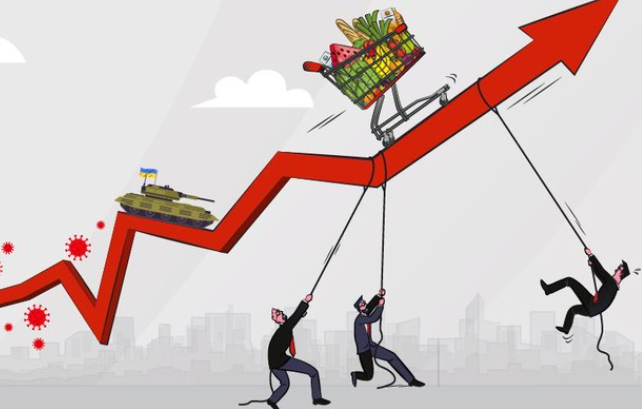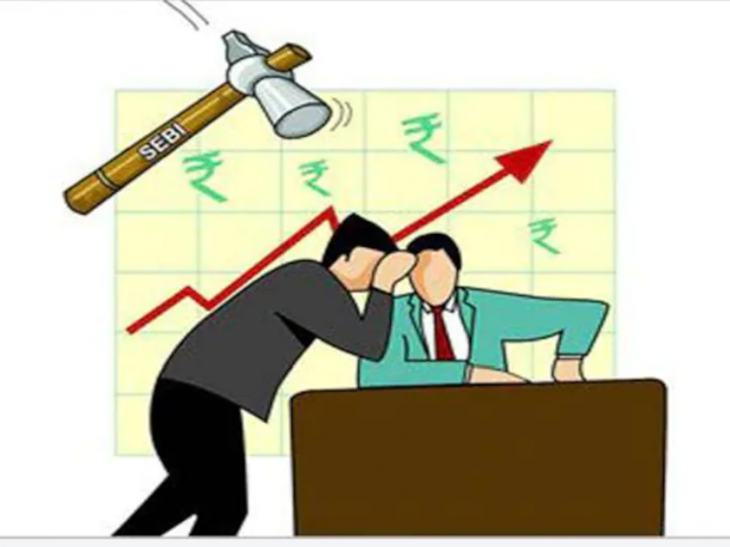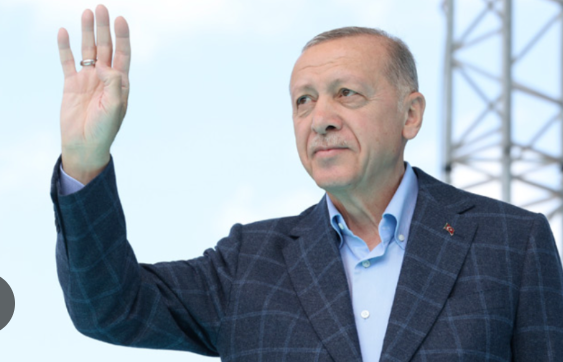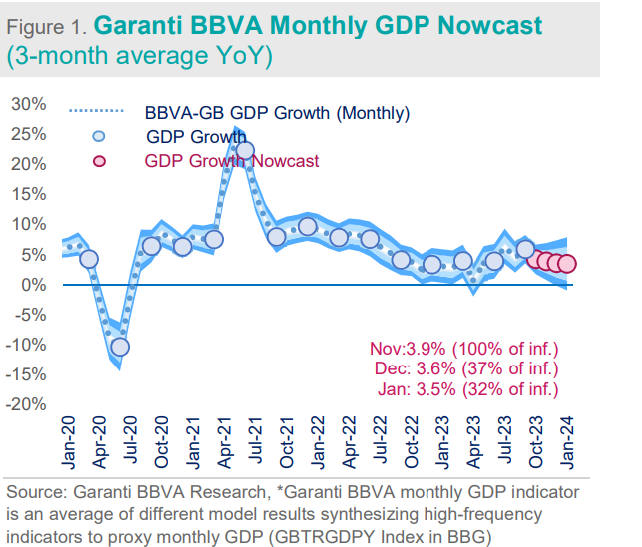Will Turkmeni gas flow to Europe through Turkey?
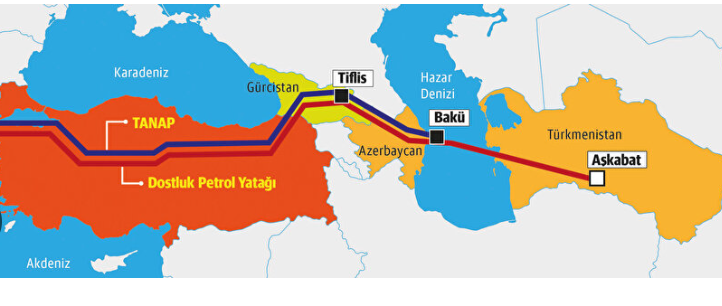 turkmen gazi
turkmen gazi
Ankara is positioning to become Europe’s premier supplier of natural gas, as the static war in Ukraine reduces hope of ending sanctions on Russian hydrocarbons to Western markets. Recently, Erdogan travel to Cairo to end a decade-long rift with Sisi, during which visit routing Egyptian gas to Turkey was also discussed. While this project remains a distant hope, Turkey is trying to secure higher volumes from Azerbaijan for European markets. In a strategic move bound to reshape regional energy dynamics, Turkey and Turkmenistan have signed a Memorandum of Understanding (MoU) aimed at transporting Turkmen natural gas through Turkey to reach European and global markets.
[embed]https://www.youtube.com/watch?v=BksOC1IL58c&list=RDCMUCKpFJB4GFiNkhmpVZQ_d9Rg&start_radio=1[/embed]
This landmark agreement was sealed in the presence of Turkish President Recep Tayyip Erdogan and Turkmenistan's Chairman of the People's Council, Gurbanguly Berdimuhamedow, on the margins of the Antalya Diplomatic Forum. While there are significant barriers to completing the project such as financing and Russian-Iranian obstruction, it is a significant step for Turkey to achieve its goal of becoming a regional energy hub. Turkmenistan, which has vast natural gas reserves, has managed to pump very large supplies to China, but would financially benefit from accessing the European market, too.
[embed]https://www.youtube.com/watch?v=aWHx_PRuQBE&t=2s[/embed]
According to the Turkish president's press service, Erdogan expressed the necessity to intensify reciprocal steps that will benefit both countries in all areas, and to increase efforts to raise bilateral trade volume to $5bn.
Turkmenistan has the world's fourth largest natural gas reserves and is home to the world's largest onshore gas field, Galkynysh. A 300km pipeline across the Caspian Sea could link Turkmenistan to the Southern Gas Corridor (SGC), which supplies Azerbaijan with gas to Europe via Turkey.
Experts told Daryo that the project could increase the competitiveness of the SGC and contribute significantly to the creation of a gas hub in Turkey's Thrace region. Working groups from both countries are also studying the possibility of supplying Turkmen gas to Turkey via Iran on a reimbursable basis.
This collaboration between Turkey and Turkmenistan is not just about energy; it's also a strategic geopolitical move. By acting as a conduit for Turkmenistan’s vast gas reserves, Turkey enhances its role as a key energy hub between East and West, potentially altering the landscape of global energy politics, argues Mazhar Abbas at BNN. This agreement underscores the countries' shared ambitions to play a pivotal role in the world's energy supply chain, while also offering Turkmenistan an alternative route to export its gas, bypassing traditional pathways that are often fraught with geopolitical tensions.


